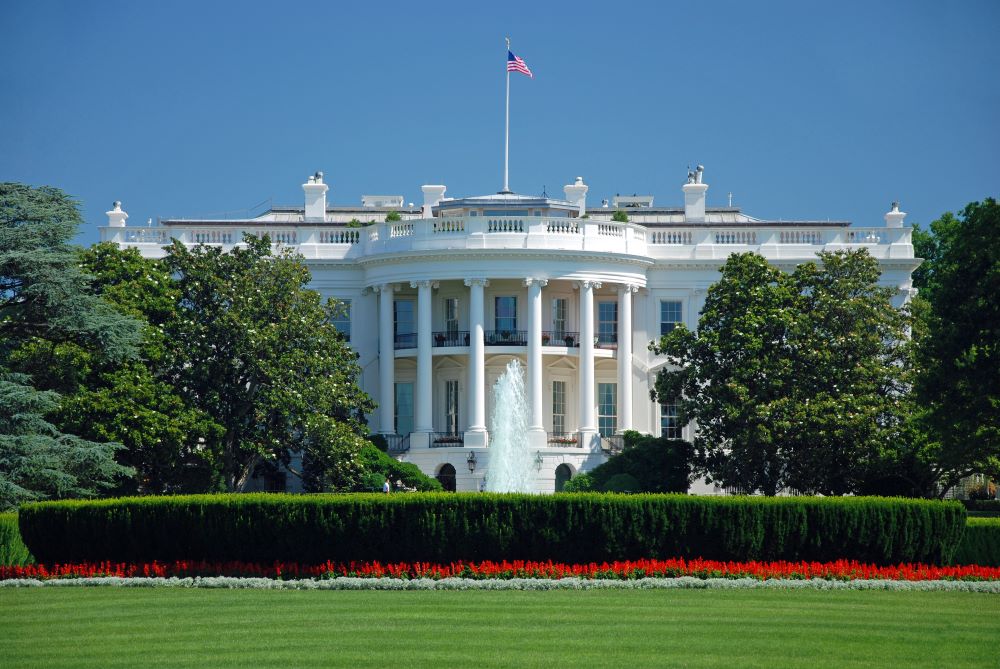
President-elect Joe Biden has said he will negotiate with allies to set the ‘rules of the road’ in global trade and to counter China’s growing influence.
His comments come shortly after 15 Asia Pacific countries signed the Regional Comprehensive Economic Partnership (RCEP) agreement.
Biden declined to comment on whether the US would join the China-backed Asian trade bloc – the largest such bloc in the world – according to Reuters.
Rule-setter
Biden said the US needed to coordinate with “other democracies” to re-establish US leadership in global trade.
“We make up 25% of the economy in the world,” he said. “We need to be aligned with the other democracies, another 25% or more, so that we can set the rules of the road instead of having China and others dictate outcomes.”
Pacific challenge
RCEP covers 30% of the global economy and 30% of the global population, joining Asian powers China, Japan and South Korea together under one trade deal for the first time.
An editorial in the FT argued that the deal signals the continued diminution of US influence in Asia, which began when president Trump withdrew from the TPP trade agreement in 2017.
Despite weaknesses in RCEP in areas such as data, ecommerce and agriculture, the FT said RCEP would make it easier for China to build more flexible and secure supply chains.
Tough stance
According to the FT, Biden is likely to retain a tough stance on China, not least because there is bipartisan support for tariffs in the US.
Rather than dumping Trump’s policies completely, he could “use tariffs to negotiate more collaboration on pressuring China”.
However, the Biden administration is likely to re-engage with multilateral organisations such as the WTO, which the US has been at loggerheads with under Trump.
Chinese acceptance
Meanwhile, China has accepted that Biden is to be the next US president, the BBC reports.
After “a frosty period of silence”, a foreign ministry spokesman said: “We respect the choice of the American people. We extend congratulations to Mr Biden and Ms Harris.”


